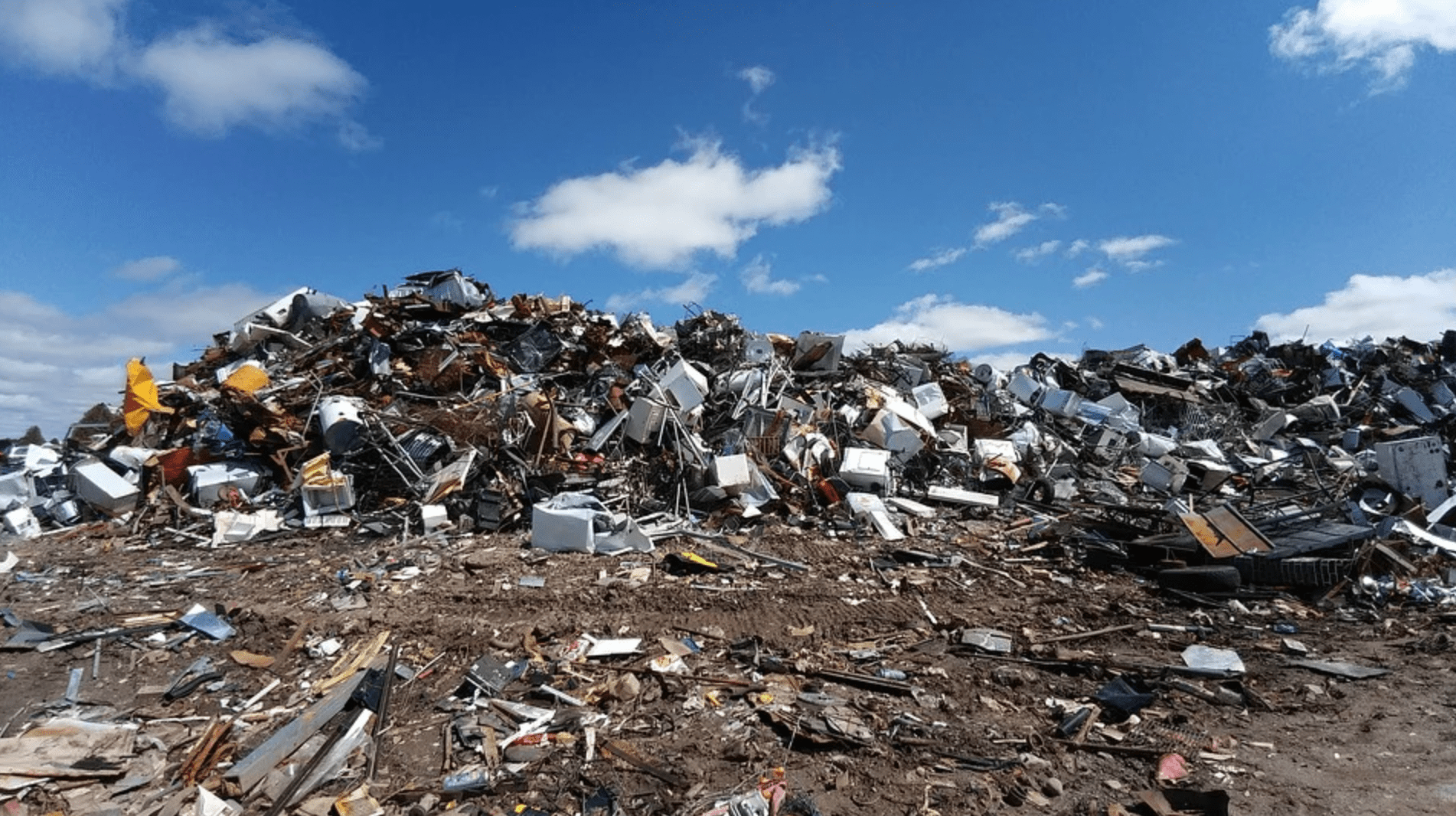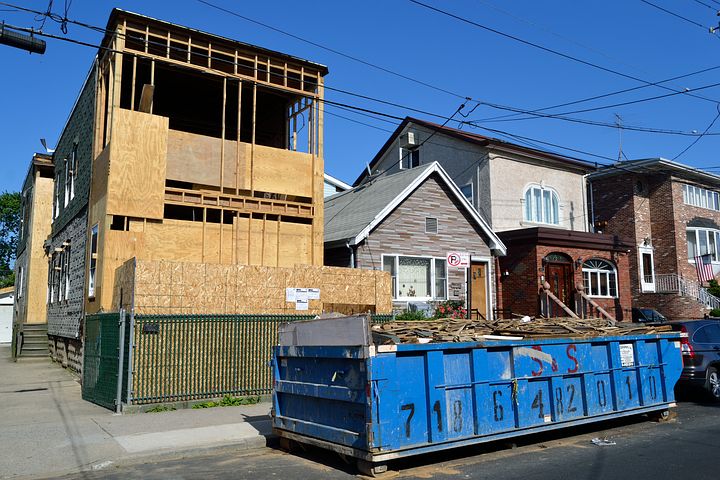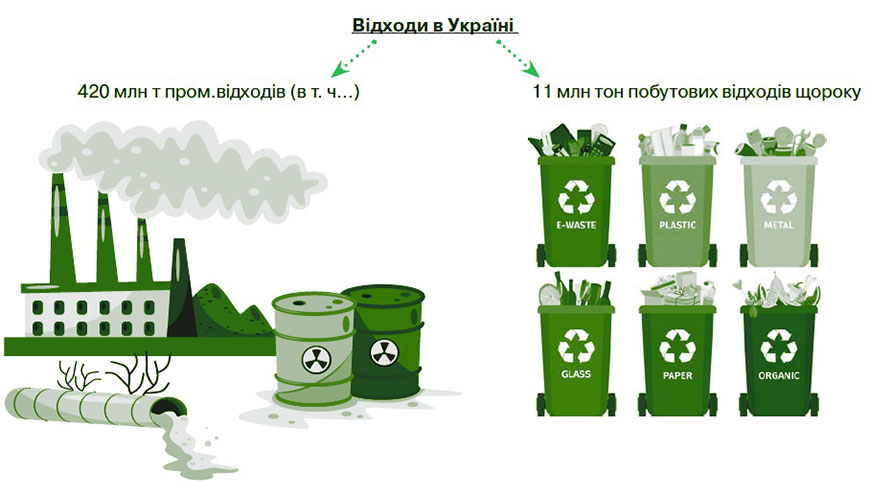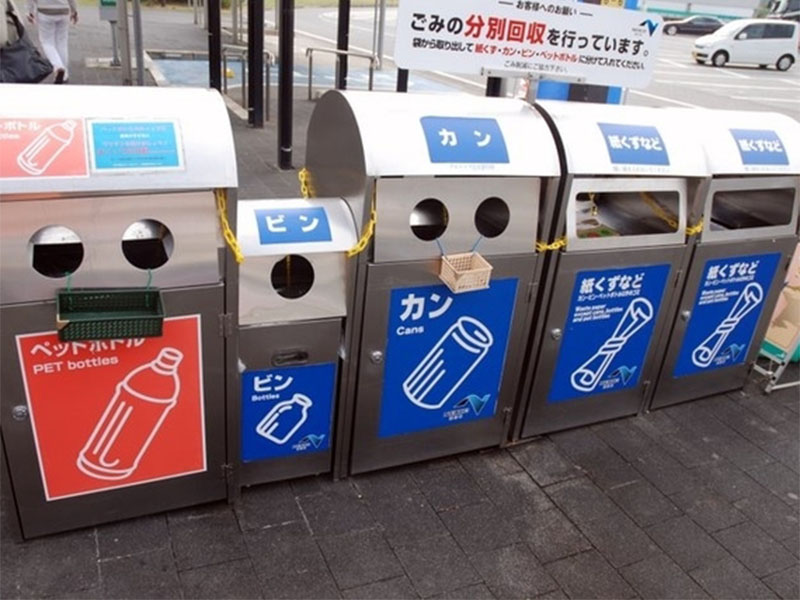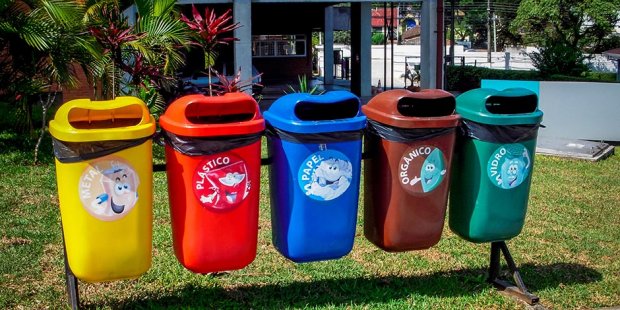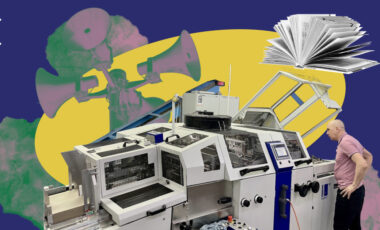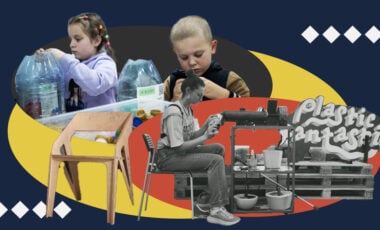Will waste sorting reduce child mortality? How and why Ukrainians will start paying for waste
"Waste reform" is underway in Ukraine. Legislators have long understood that the existing system of garbage collection and recycling is extremely outdated and needs immediate renewal.
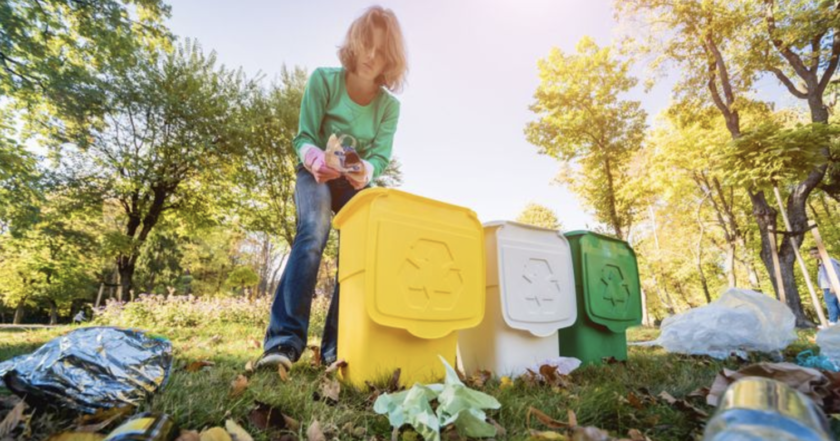
Photo Depositphotos
Every year, 23% of adult deaths and 26% of deaths of children under 5 years of age could be avoided if environmental risks were eliminated, in particular by introducing an effective environmental compliance control: such data are given in the explanatory note to the draft law on state economic control, which passed the first hearing in parliament almost a year ago, in July 2020, and is now in the final stages of preparation for the second parliamentary reading.
As Olena Koltyk, Director of the Department for Waste Management and Environmental Safety of the Ministry of Environment Protection, stated during the UN Ecological Forum 2021, the first "brick" in this reform was the recent adoption of a law banning the circulation of plastic bags in Ukraine, but further major changes in Ukraine's entire waste processing industry await us.
What's going on?
We're talking about the adoption of the draft №207-1-d on waste management, which introduces practices of garbage collection and recycling, new for Ukraine, but already established for European countries, aimed at reducing the amount of waste in landfills; attracting investments in waste management and creating a modern waste management infrastructure, etc. According to the Minister of Environmental Protection Roman Abramovskyi, this law will create the rules of the game on the Ukrainian market, introduce a hierarchy of waste management and cement the principle of "polluter pays":
"In fact, we'll change our approach to waste. In the Ministry, we treat them primarily as resources in all industrial production chains, and it's enshrined in the draft law, so that waste is treated the same as secondary raw materials, and only a small part of the waste is disposed of in landfills. The requirements for these landfills must also be European and they must be implemented," Roman Abramovskyi comments.
For whom will taxes be increased?
The adoption of the law means that taxes for enterprises, producing products that need to be reprocessed will increase, but so far the Ministry cannot say how much and when this will happen:
"We plan to raise the environmental tax quite significantly. This is still at the level of discussion. It's the first time I share these thoughts. This significant increase will allow us to expand the investment component to construct plants with mechanical and biological treatment of waste. We consult with mayors in our cities, with European partners," the Minister of Environment Protection explains.
Today, there's a tax paid by garbage companies. In Ukraine, it is minimal and starts from 5 hryvnias per ton and depends on the coefficients: distance from the city, filtration unit equipment of the landfill, etc. For example, if the landfill is located 3 kilometers from the city and isn't equipped with any protective equipment and even poses an environmental threat, the tax per ton of garbage is a meager amount, 45 hryvnias. In Poland, on the other hand, such a tax is 30 euros. There are countries where it's 50 euros.
"And it stimulates the development of the recycling industry and reduces the amount of household waste in landfills," says Mr. Abramovskyi.
Why will such a system be ineffective in Ukraine?
It'd seem that increasing the landfill tax should encourage entrepreneurs to create recycling stations, which, no matter how you look at it, are more profitable: recycled waste is converted into recyclable raw materials, while the environment isn't polluted. However, there are several problems in our realities.
The first is a small amount of household waste. In Ukraine, about 3% of all waste is generated directly by citizens, everything else is industrial waste and construction waste. The solution proposed by the Ministry proposes to reuse this waste as well. Here Roman Abramenko spoke about several possible approaches. It's increasing the cost of primary raw materials for construction and encouraging the use of secondary raw materials during public, so-called "green" procurement for the state to form an agenda for secondary use of waste:
"To give a signal to private business, we need to show an example that sustainable production and sustainable consumption is our path, which is implemented at the legislative level and the level of secondary legislation as an incentive from the state," Mr. Abramenko explains.
The second problem highlighted by the representative of the civil society, recently the Head of the State Ecoinspection Yehor Firsov, is the insufficiency of the waste tariff increase on waste landfilling alone, again, due to the existing Ukrainian realities:
"If we analyze the trend of illegal dumps, we'll see: out of 28 illegal dumps, there are 6,000, which have at least some documents. Not perfect, but at least some. The rest is the illegal story. Imagine that we've raised this rate at legal landfills, but nothing prevents illegal landfills from throwing away waste further," Yehor Firsov says.
In this situation, garbage will continue to be taken to illegal landfills, of which there are many in Ukraine. Therefore, according to Mr. Firsov, the tariff increase alone won't be enough; there should be control at the local government level of law enforcement agencies, local council deputies, who'll monitor and ensure that household waste doesn't go to implantations, but goes to recycling plants.
Whose experience to focus on?
Surprisingly, the Japan International Cooperation Agency is helping Ukraine to develop the right waste management strategy. The fact is that the Land of the Rising Sun also had to deal with the problem of excessive urban pollution when rapid economic growth began there almost 60 years ago. Landfills were arranged even on city streets, which led to high morbidity among the population.
Satoshi Sugimoto, a representative of the Japanese agency, shared his experience, which was proposed to solve this problem.
"[With the onset of economic growth – ed.] we came to the conclusion that environmental laws needed to be reorganized, so we tried to reduce waste and intensify recycling. The basic law was backed up by others, who explained how to work with waste in each specific industry: household, industrial, chemical waste, etc.
As for the sorting of household waste, Japan has long had garbage cans for glass, metal, and paper. The Japanese throw garbage separately at home in proper containers. There's also a special service, where every Japanese can call and find out what to do with a particular type of waste if he/she doesn't know how to properly sort and recycle it. The work of such a service is financed from local budgets, the funds of which come from the tax paid by producers. It's the principle of "polluter pays."
However, sorting is voluntary. According to Satoshi Sugimoto, garbage is usually sorted by consumers, but those who don't have to pay an additional $7 a month for it to be sorted at the station.
Why should you start sorting waste today?
Such a system even partially exists in Ukraine. We pay monthly for garbage removal utility service. In large cities, it's about 30 hryvnias per month, and in small cities, it's 15-20 hryvnias. This is the amount for garbage removal, but if it has to be sorted further, the fee will have to increase. According to Yehor Firsov, it's almost impossible, but not because people don't want to increase their spending. On the contrary, according to opinion polls conducted by regional state administrations, approximately 60-70% of Ukraine's total population is willing to pay more for garbage collection.
"It's a serious litmus test when a person realizes he/she can pay more," says Yehor Firsov. "But this story isn't good for politicians, because a political party won't undertake to raise tariffs and take on such a burden of responsibility."
So far, the Government hasn't agreed to increase such fees, but given the dynamics of garbage reform deploying, you need to get used to good habits now.


